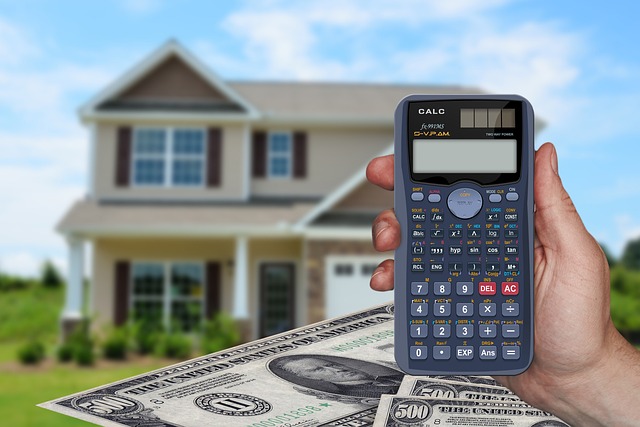Contractor financing is a flexible enabler for homeowners undertaking home improvement projects, providing alternative funding options to traditional cash advances. It includes short-term loans, lines of credit, and longer-term mortgages, catering to both residential and commercial needs. This empowers contractors to manage cash flow effectively, negotiate better prices, and deliver high-quality results without immediate payment stress. Strategic planning is key, involving comparing lenders, assessing interest rates and repayment conditions, negotiating with contractors, and exploring government-backed programs for long-term financial benefits.
Looking to fund your next home improvement project? Understanding contractor financing options is crucial. This guide dives into the world of contractor financing, offering insights on various funding sources tailored for home improvements. From loans and lines of credit to lease-to-own models, exploring these alternatives empowers contractors and homeowners alike to make informed decisions. Discover tips to secure the best deal, ensuring your project stays on budget and within reach.
- Understanding Contractor Financing for Home Improvements
- Types of Financing Options Available to Contractors
- Tips for Securing the Best Deal for Your Projects
Understanding Contractor Financing for Home Improvements

For homeowners undertaking home improvement projects, understanding contractor financing options is a key aspect of bringing their vision to life. Contractor financing for home improvements provides a solution to bridge the gap between project planning and execution. It offers contractors an alternative to traditional cash up-front methods, allowing them to secure funding for materials, labor, and overheads. This type of financing caters to both residential and commercial projects, ensuring that construction can commence without delaying or derailing homeowners’ plans.
Many financial institutions and lenders specialize in contractor financing, offering various loan types tailored to the unique needs of contractors. These options include short-term loans for immediate project costs, lines of credit providing flexible funding as work progresses, and longer-term mortgages specifically designed for renovation projects. Homeowners can benefit from competitive interest rates, especially when bundling multiple home improvement projects into one loan. With access to these financial resources, contractors can efficiently manage cash flow, negotiate better prices with suppliers, and deliver high-quality results without the added stress of immediate payment pressures.
Types of Financing Options Available to Contractors

Contractors undertaking home improvement projects have a range of financing options available to them, catering to various project sizes and needs. Traditional bank loans remain a popular choice for larger, more complex jobs, offering predictable monthly payments and potential tax benefits. For smaller-scale projects or those requiring faster funding, alternative options like hard money loans, credit cards, and peer-to-peer lending platforms provide agility and accessibility.
Additionally, contractors can explore government-backed programs designed specifically to support home improvement ventures. These include loans from the Small Business Administration (SBA) in the United States, which offer favorable terms and insurance against loan defaults. There are also tax incentives and rebates associated with energy-efficient upgrades, encouraging contractors to adopt eco-friendly practices while providing financial relief for their clients.
Tips for Securing the Best Deal for Your Projects

Securing the best deal for your contractor financing is a strategic process that requires careful consideration. Start by comparing various lenders and their offerings, focusing on those specializing in home improvements. This market research will give you a clear picture of interest rates, repayment terms, and any additional costs associated with different financing options.
Additionally, consider negotiating with contractors themselves. Some may offer flexible payment plans or bundle services with financing to make projects more affordable. Additionally, explore government-backed loan programs designed specifically for home improvements; these often come with lower interest rates and favorable terms, providing excellent value for money in the long run.
Contractor financing plays a pivotal role in making home improvements a reality. By understanding the various financing options available and implementing some strategic tips, contractors can offer their clients seamless and cost-effective solutions. Whether it’s through traditional loans, alternative funding sources, or innovative payment plans, the right financier can transform a project from a vision into a thriving reality, enhancing homes and lives alike.
